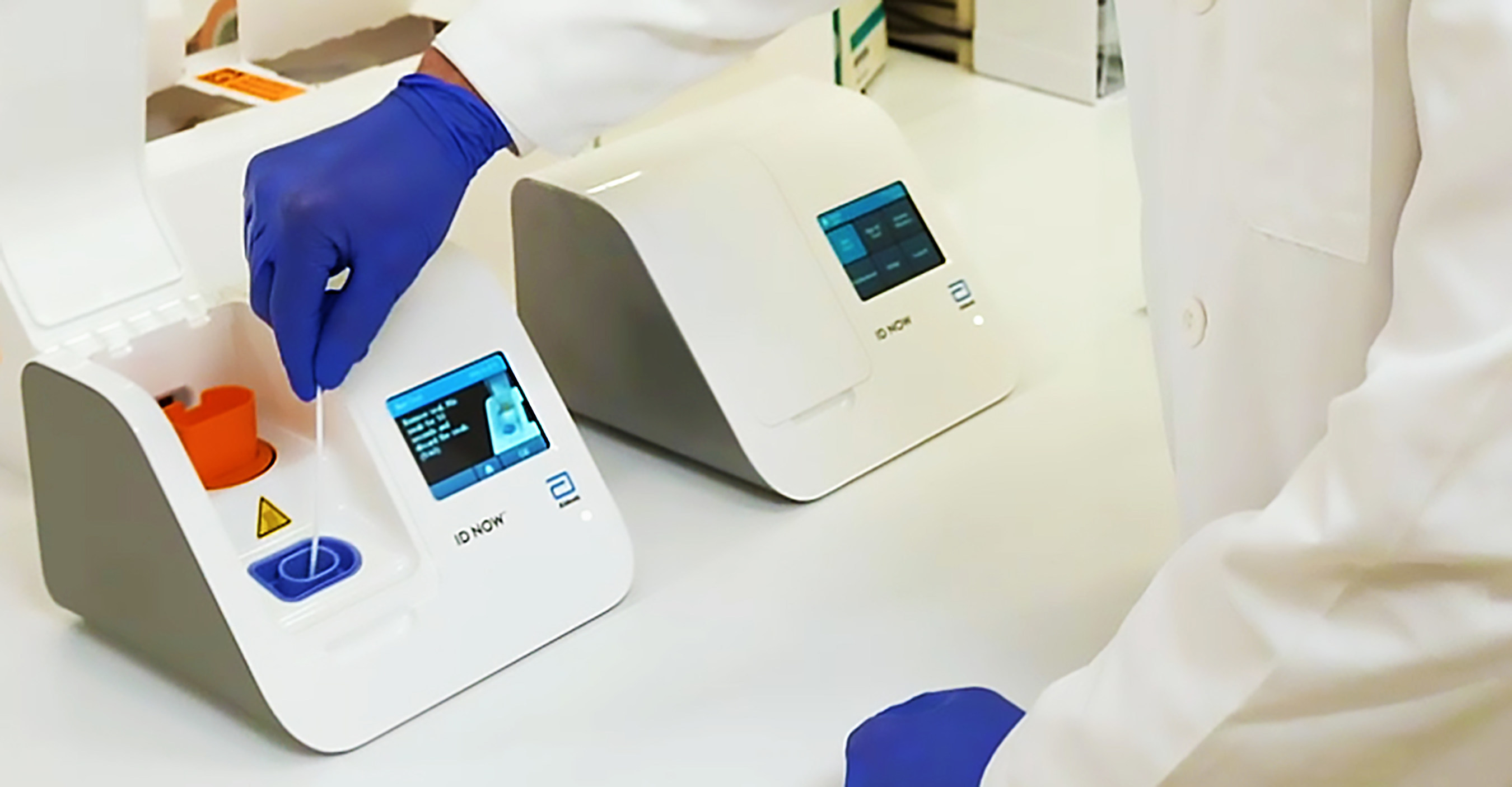Lateral Flow Test for Leishmania in Dogs
The Lateral Flow Test (LFT) for Leishmania is a rapid diagnostic tool used to detect the presence of Leishmania infantum, the protozoan parasite responsible for visceral leishmaniasis. This disease affects dogs and can be transmitted by sandflies. Early diagnosis through this test is crucial in managing canine leishmaniosis, as it allows for prompt treatment and helps prevent potential zoonotic transmission to humans.
The LFT for Leishmania relies on the principle of lateral flow technology, which involves placing a small blood sample onto a nitrocellulose strip. The sample migrates along the strip through capillary action, encountering various reagents designed to detect antibodies specific to Leishmania infection. Results are typically visible within 15-20 minutes.
The test is widely used in clinical settings and by private practitioners for its simplicity, speed, and cost-effectiveness. It is particularly beneficial in resource-limited environments where access to sophisticated laboratory equipment may be limited. The test’s portability makes it suitable for field work and remote locations.
For quality assurance, the LFT adheres to strict ISO standards ensuring consistent performance across different batches. Compliance with these international norms guarantees reliability and accuracy in diagnostic outcomes. This is critical in healthcare settings where incorrect diagnoses can lead to serious consequences for both pets and their owners.
The test involves minimal specimen preparation, requiring only a single drop of blood from the dog’s ear or paw pad. The simplicity of this procedure ensures that even less experienced personnel can perform it accurately. The results are straightforward: a visible line indicates a positive result (indicating Leishmania infection), while no line suggests a negative result.
The LFT is part of a broader strategy to control and manage leishmaniosis in dogs, contributing to public health by preventing the spread of the disease. It supports early intervention measures that can save lives and reduce healthcare costs associated with chronic infections.
Industry Applications
- Routine testing in veterinary clinics for rapid diagnosis of Leishmania infection.
- Use by private practitioners during routine check-ups and vaccinations.
- Inclusion in field research to study the prevalence of leishmaniosis in canine populations.
- Integration into public health programs aimed at controlling vector-borne diseases.
The LFT plays a crucial role in clinical settings, providing veterinarians with quick insights into whether their patients are infected. This information is vital for timely administration of treatment and monitoring the effectiveness of interventions.
Why Choose This Test
- Highly portable and suitable for use in remote or resource-limited areas.
- Rapid results, providing quick diagnosis within minutes instead of hours.
- Ease of use even by less experienced personnel due to minimal specimen preparation.
- Affordability compared to other diagnostic methods like PCR and serology.
The LFT offers a reliable alternative for diagnosing Leishmania infection, ensuring that dogs receive the necessary care without delays. Its portability makes it an ideal choice for field studies and public health programs aimed at controlling leishmaniosis in canine populations.
Quality and Reliability Assurance
The LFT for Leishmania is meticulously designed to meet international standards, including ISO guidelines. These standards ensure that each test batch performs consistently across different environments and operators. Compliance with these norms is crucial in maintaining the reliability of diagnostic outcomes.
Quality control measures include strict calibration procedures and regular validation tests using reference samples from various geographic regions. This ensures that the test remains accurate and effective, even when used under varying conditions. The consistency of results across different batches makes it a preferred choice for healthcare professionals relying on precise diagnostics.





